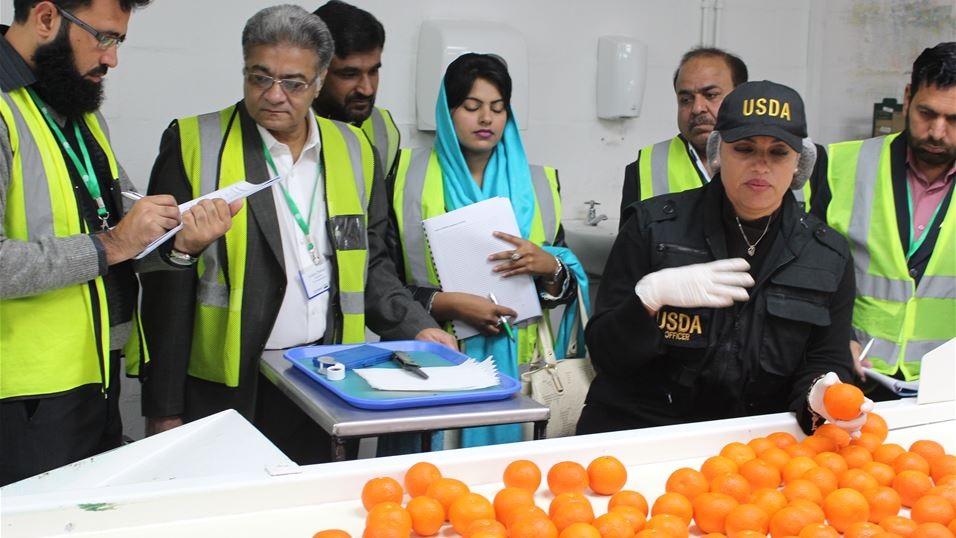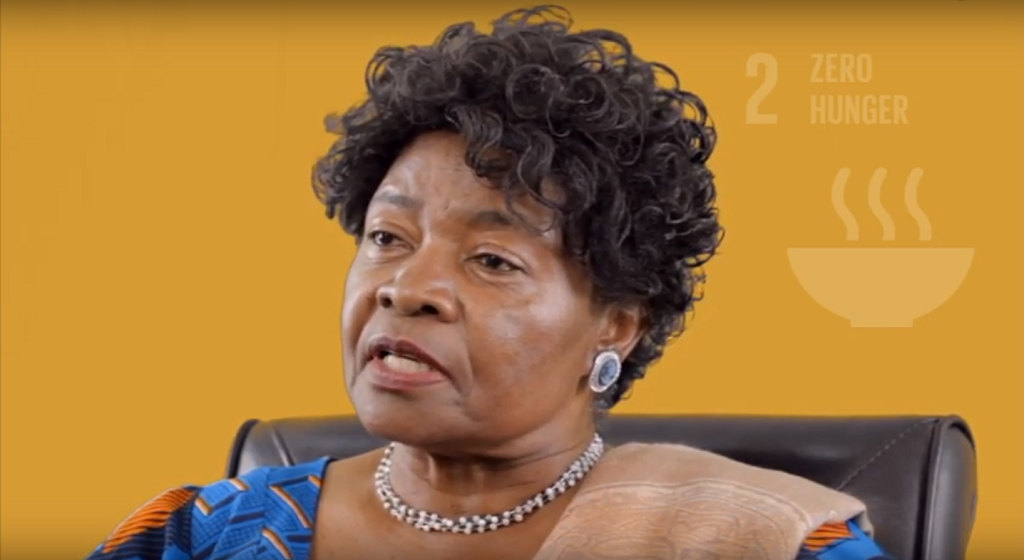How Genetically Modified Organisms (GMOs) Enter the Food Chain in non-GMO Producing Countries
How Genetically Modified Organisms (GMOs) Enter the Food Chain in non-GMO Producing Countries - by Tatjana Brankov A superficial review of the legislation on transgenic foods and feeds indicates that consumers in non-GMO producing countries consume GMO-free food. However, less attention is paid to the fact that GMOs can enter the food chain through the import of transgenic foodstuff and feedstuff or by contamination. In some countries, transgenic food production is fully equal to conventional production. The concept of substantial equivalence, developed by the OECD and further elaborated by FAO/WHO “embodies the concept that if a new food or food component is found to be substantially equivalent to an existing food or food component, it can be treated in the same manner with respect to safety, i.e. the food or food component can be concluded to be as safe as the conventional food or food component” (FAO/WHO 1996). Such a…
Building capacity for greater food security in Pakistan
As part of CABI’s mission to help farmers grow more and lose less, we have been funded by USAID – via the United States Department of Agriculture (USDA) – to help Pakistan improve its sanitary and phytosanitary (SPS) systems and therefore open up its fruit and vegetables to more high-end global markets that were previously untapped. Currently these products only contribute 13% of the country’s export but improvements to its SPS capabilities could see this number rise significantly.
CABI board member Paulus Vershuren explains how CABI is delivering on SDG17: Partnerships for the Goals
[youtube https://www.youtube.com/watch?v=KjrI0hkWTZ4?feature=oembed] The world we live in today faces complex and interconnected challenges that individual organisations alone cannot easily resolve. When the scale of the challenge is global, organisations must find ways of strengthening their partnerships and coming together to find the best and most sustainable solutions. This is why partnerships are at the…
CABI board member Dr Prem Warrior explains how CABI is delivering on SDG15: Life on Land
[youtube https://www.youtube.com/watch?v=F50tEAWounM?feature=oembed] CABI helps prevent, detect and limit the impact of invasive species by training government officials about the way they arrive and spread, supporting early detection and removal, and advising on natural, sustainable control (biocontrol) and pest management. By conserving biodiversity and ecosystems, we're improving the preventing and management of invasive species.
CABI board member Professor Dame Anne Glover explains how CABI is delivering on SDG12: Responsible Consumption and Production
[youtube https://www.youtube.com/watch?v=pJ1OqUUhwTY?feature=oembed] In future, farmers will need to produce more food from fewer resources. They will also need to significantly reduce crops losses. But without the right information, farmers cannot easily introduce new, highly productive and sustainable ways of farming. Sustainable production is central to CABI's work. We promote resource efficient farming and help farmers…
CABI board member Akhter Mateen explains how CABI is delivering on SDG1: No Poverty
[youtube https://www.youtube.com/watch?v=i3N0PEeKLOU?feature=oembed] One in five people in developing regions still live on less than $1.25 a day and many of these are the 500 million smallholder farmers around the world. But CABI is working hard to help small-scale farmers lift themselves out of poverty. We collaborate with people and organizations working across the supply chain…
CABI board member Roger Horton explains how CABI is delivering on SDG4: Quality Education
[youtube https://www.youtube.com/watch?v=RAQdE3PRzf8?feature=oembed] Sharing scientific agricultural and environmental information helps people tackle global challenges like food security. CABI creates resources that give access to science-based information on agriculture and the environment. Our mission is to improve people's lives worldwide by sharing knowledge. As a scientific publisher we produce materials for academics and researchers that make…
Lancet Countdown reports on climate and health
[Photocredit: iStock] Lancet Countdown has published its first annual report, monitoring how we are doing on action against climate change in relation to health. Its findings show that climate change is affecting health today and affects those in developing countries disproportionately. Twenty-five years of inaction on climate change have damaged our health, says the report,…
Capitalising on Africa’s agriculture to achieve ‘zero hunger’
CABI board member Professor Ruth Oniang'o talks about winning the 2017 Africa Food Prize and how CABI is working towards helping to achieve the UN Sustainable Development Goal 2: Zero Hunger.




